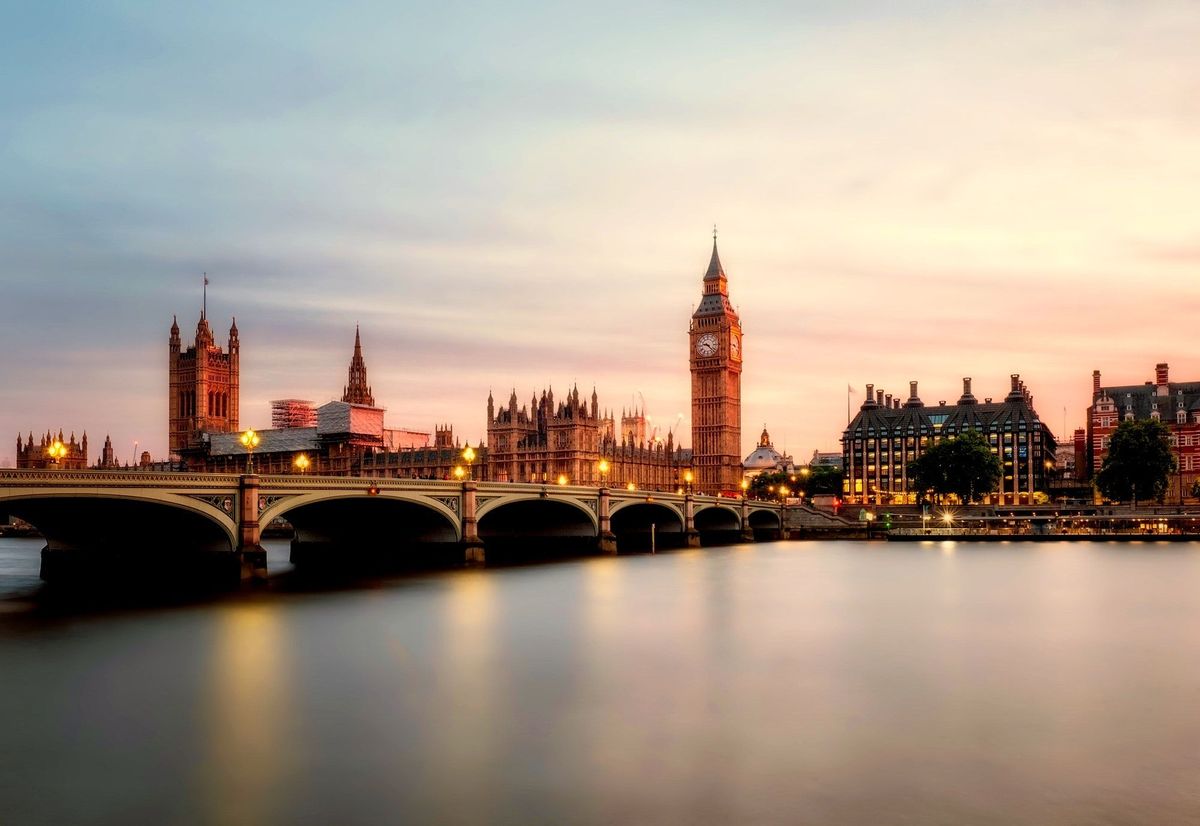Londongrad (podcast) - Review
How the Lebedevs partied their way to power and seduced the establishment. A fascinating podcast, with some shortcomings.

I have been listening to the intriguing Londongrad for the second in my (small) series of podcast reviews. It's a fascinating and well-researched work, although not without faults.
As someone new to podcasts, my choice of the show isn't very scientific. I don't want to jinx it, but Violet may finally be starting to sleep, which means I can listen to something serious.
I picked Lonndongrad as it covers a timely issue - our crazy politics. Also, it is relatively short in number and length of episodes. Although possibly that is the cause of my most significant criticism, the lack of depth. But I would still highly recommend it as a fascinating exploration of power and money.
The show is being promoted quite heavily at the moment due, I suspect, to the Prime minister's resignation. It describes itself as:
'Londongrad: How the Lebedevs partied their way to power is a 6 part series investigating two men – who are at the heart of the story of Britain opening its doors to Russian Oligarchs. Alexander Lebedev is the man with the money and - as we'll see - with the plan. Alexander's son, Evgeny, rose from a fixture on the social scene to a seat in the House of Lords. He did it with Prime Minister Boris Johnson's help and against the advice of the security services. There's never been a story quite like it.'
I found the story intriguing but maybe not as shocking or as important as the author seems to believe or try to imply. However, that changed after the last episode. When Boris Johnson admitted, to a parliamentary committee, that he had met Alexander Lebedev in 2018 on his own when he was Foreign Secretary. The Guardian's Carole Cadwalladr, expand on some of the details in her fascinating article.
Paul Caruana Galizia, the journaist and narator does a good job. The story is clearly based on rigorous journalism. As a host, he brings an evident shock and disbelief that such overt, money-fuelled manoeuvring is allowed and actively welcomed in Britain.
Again that is another area of criticism; it is clearly disgraceful that a 42-year-old ex-playboy should be ennobled to the House of Lords. But is it really shocking! Everyone knows this happens. I imagine the author does too. The later episodes discuss a broader level of corruption, possibly a more relevant concern.
Throughout the episodes, there is repeated discussion or implications that Alexander Lebedev had a master plan that he had developed and nurtured for 25 years since being a KGB agent in London. But I am not sure he ever really shows an explicit link or plan. I can't imagine the plan was - I'll have a son, move to London, he'll spend 40 odd years being a bit of a party boy then become a lord after befriending a slightly dodgy PM'. Further, the show never really explains the purpose of the 'plan'. I wonder if the House of Lords thing is a red hearing, and we should be more concerned about newspaper ownership.
If the entire thing was an elaborate KGB / FSB plan, you wonder what the objective was. One member of the House of Lords doesn't have much power, especially one who doesn't show up and vote. Having read the brilliant This is Not Propodadna by Peter Pomerantsev, you do wonder if possibly the entire episode was just designed to confuse and mislead people as well as lower our belief in the rule of law. But that way lies madness.
It might be unfair to criticize the lack of depth after admitting I chose the show as it was short. The podcast medium may also be an issue; the author expands on a series of intriguing essays. Irrespective of some of the faults, it is a great mini-series and an excellent and straightforward introduction to a timely and disturbing period in British politics.






